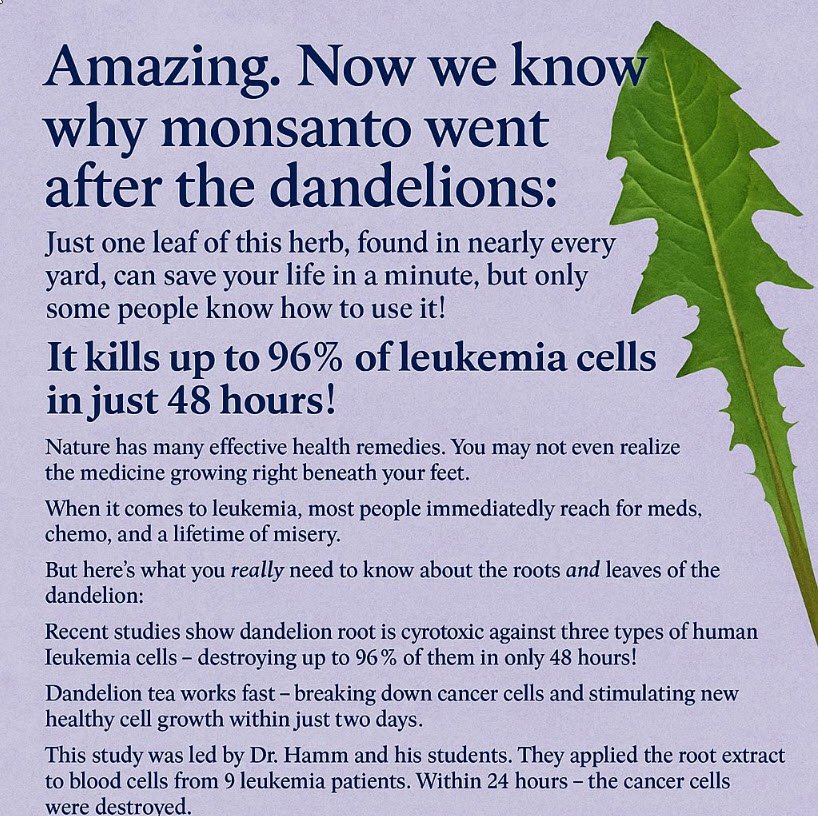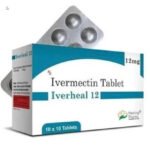For many, dandelions are a pesky weed, a persistent invader in a perfectly manicured lawn. But what if we told you that this humble yellow flower is a powerhouse of nutrients and has been used for centuries in traditional medicine? It's time to look beyond the "weed" and discover the incredible healing properties of the dandelion.
A Nutrient-Packed Powerhouse
From root to flower, the dandelion is edible and packed with vitamins and minerals. It's a good source of vitamins A, C, and K, and contains iron, potassium, and magnesium. This impressive nutritional profile is the foundation of its many health benefits.

Unveiling the Health Benefits of Dandelions
Recent studies have begun to validate what traditional medicine has known for years. Here are some of the incredible benefits of dandelions for human health:
- A Natural Diuretic: Dandelions act as a natural diuretic, helping to flush out excess water and toxins from the body. This can be beneficial for reducing bloating and supporting kidney function.
- Liver Support: Dandelion root has long been used as a "liver tonic." It is believed to help detoxify the liver and support its overall function.
- Digestive Aid: The root of the dandelion contains inulin, a prebiotic fiber that promotes the growth of beneficial gut bacteria. This can aid digestion and help with issues like constipation.
- Rich in Antioxidants: Dandelions are packed with antioxidants, which help to neutralize harmful free radicals in the body. This can help to reduce inflammation and protect against chronic diseases.
- Blood Sugar Control: Some animal studies have suggested that dandelion may help to regulate blood sugar levels, which could be beneficial for people with type 2 diabetes.
- Potential Anti-Cancer Properties: While more research is needed, some studies have shown that dandelion root extract may have anti-cancer properties.
How to Incorporate Dandelions into Your Diet
Ready to reap the benefits of this amazing plant? Here are a few ways to incorporate dandelions into your diet:
- Dandelion Tea: Dandelion root tea is a popular and easy way to enjoy its benefits. You can find pre-made tea bags or make your own from roasted dandelion root.
- Salads: The young leaves of the dandelion can be a nutritious and slightly bitter addition to salads.
- Cooked Greens: Dandelion greens can be cooked in the same way as spinach or kale.
- Dandelion Wine: For the more adventurous, dandelion flowers can be used to make a sweet and floral wine.
A Word of Caution
While dandelions are generally safe for most people, there are a few things to keep in mind:
- Allergies: People who are allergic to ragweed, chrysanthemums, marigolds, and daisies may also be allergic to dandelions.
- Medication Interactions: Dandelions can interact with certain medications, including diuretics, blood thinners, and diabetes medications. It's always best to consult with your doctor before adding dandelions to your diet, especially if you are taking any medications.
- Source: Make sure to harvest dandelions from a source that has not been treated with pesticides or herbicides.
The Takeaway
The next time you see a dandelion, don't be so quick to dismiss it as a weed. This humble plant is a nutritional powerhouse with a long history of medicinal use. By embracing the dandelion, you can unlock a world of health benefits and add a new and exciting ingredient to your diet.

Disclaimer: This blog post is for informational purposes only and should not be considered medical advice. Always consult with a healthcare professional before making any changes to your diet or lifestyle.
If you require assistance with this article, don't hesitate to Contact Us














